
|
|
|
Organizers
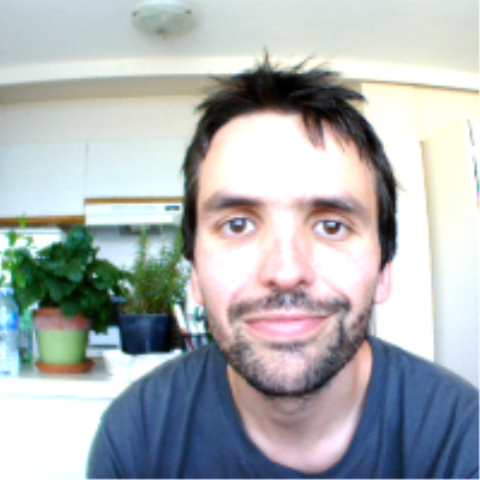
Yann Ponty
LIX, CNRS UMR 7161, Ecole Polytechnique
A CNRS research scientist recruited in 2009, Yann heads since 2016 the AMIBio team at the computer science department of Ecole Polytechnique (LIX). He has recently acted as the French coordinator for the ANR-FWF funded RNALands projects (2014–2019) involving the TBI, and as local PI for the FRM-funded project (2014–2018) on RNA probing. An associate editor at Bionformatics, he has co-chaired the organization in Paris of the major international conference RECOMB 2018 (550 part.). His research revolves around the random generation of combinatorial objects and RNA bioinformatics, with a strong emphasis on dynamic programming for ensemble analyses and RNA design.
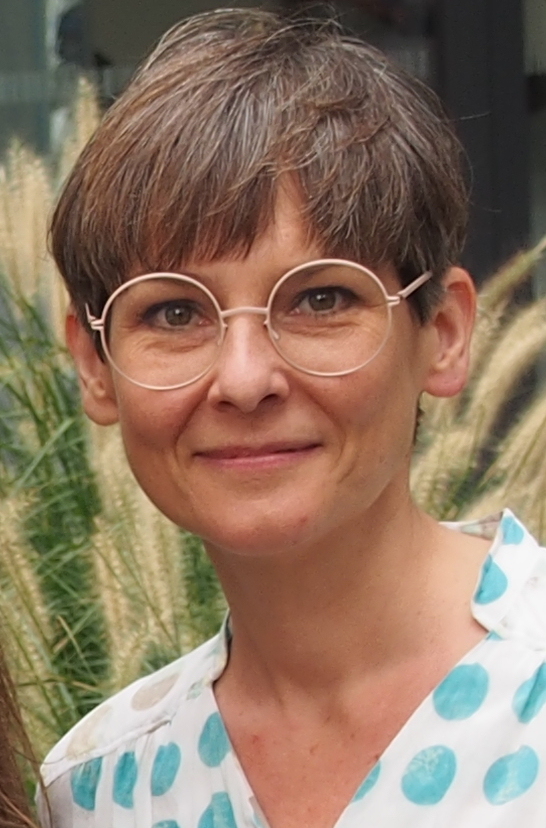
Andrea Tanzer
Department of Theoretical Chemistry, TBI, University of Vienna
Andrea is analysing non-coding RNAs and RNA structure elements in eukaryote genomes. Starting off with finding miRNAs and descibing their evolution and expression in cell differentiation, she moved on to transcriptomics and joined the GENCODE team of the ENCODE project during her PostDoc time at Roderic Guigo's lab at the CRG in Barcelona. Currently she is an independent researcher and lecturer at the TBI, University of Vienna, where she combines transcriptomics with RNA structure prediction to analyse RNA-based molecular mechanisms. With her team she develops methods for efficient folding of medium-sized RNA transcripts. A biologist by training, she would descibe her bioinformatic studies as "Computational Molecular Biology"
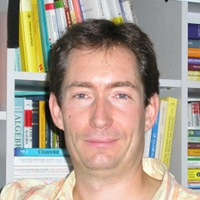
Frederic Cazals
Inria Sophia Antipolis and University Cote d'Azur, France
Frederic Cazals is research director at Inria Sophia-Antipolis, where he leads the Algorithms-Biology-Structure project team, and adjunct professor of applied mathematics at Centrale-Supelec. His research focuses on synergies between theoretical computer science and computational structural biology (CSB), with an emphasis both on ab initio methods (Monte Carlo and energy landscape methods), and machine learning based methods. He is also the architect and co-developer of the Structural Bioinformatics Library (http://sbl.inria.fr), which proposes both low level algorithms and end-user applications in CSB.
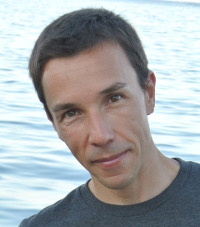
Juan Cortes
CNRS&LAAS, Toulouse, France
Juan Cortés received the engineering degree in control and robotics from the Universidad de Zaragoza (Spain) in 2000. In 2003, he received the Ph.D. degree in automated systems/robotics from the Institut National Polytechnique de Toulouse (France). From 2004, he is CNRS researcher at LAAS (Toulouse, France). His research interest is focused on the development of algorithms for computing and analyzing the motion of complex systems. Applications of these algorithms go beyond robotics. Indeed, he is strongly involved in interdisciplinary research in the areas of structural biology, biotechnology and materials science.
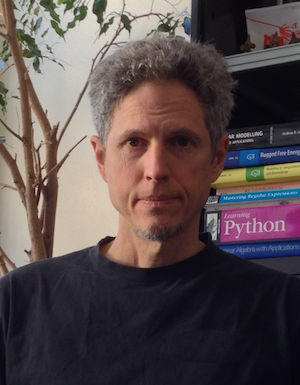
Charles Robert
CNRS &s; Paris-Diderot University, France
C. H. Robert is research director at the French National Center for Scientific Research (CNRS), in the Laboratory for Theoretical Biochemistry, hosted by the Institute for Physical-Chemical Biology (IBPC) in central Paris, a founding institution of the CNRS. His research interests lie in obtaining a better understanding of the structure and dynamics of biological macromolecules and their complexes using theoretical modelling and numerical simulations. These approaches are principally directed towards proteins, but have included modelling the structure and dynamics of DNA and chromatin fibers.

